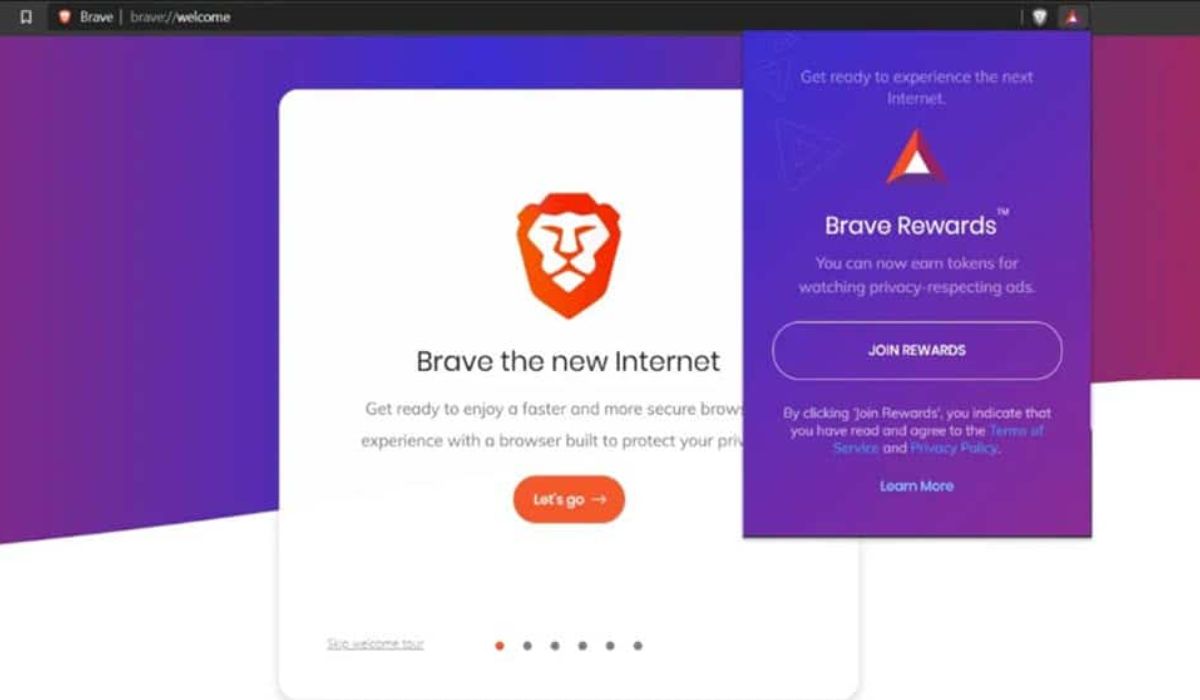The tough reality of building a browser today is this: you’re either a giant, or you’re invisible. Breaking into the Chrome-Safari duopoly isn’t just hard — it’s almost impossible. Brave Browser tried. It had bold ideas. But in 2025, it’s clear the momentum that once made it exciting is fading fast.
Brave Software, founded by Brendan Eich (who also helped create JavaScript and Mozilla Firefox), launched Brave in 2016. It promised a private browsing experience that blocked ads and trackers by default. It even introduced its own crypto token, BAT (Basic Attention Token), so users could get rewarded for watching privacy-respecting ads. It worked. For a while.
By early 2025, Brave reported more than 82 million monthly active users — an impressive number for a privacy-first product. But it still only holds about 1 to 1.5% of global browser market share. Chrome dominates at nearly 66%. Safari sits at around 16%. Everyone else fights for scraps.
Brave’s Unique Promise

Brave wasn’t just another Chromium clone. It had features power users loved:
- A built-in ad blocker
- Native Tor browsing mode
- Script blocking
- Private window with VPN on mobile
- Crypto wallet integration
- Optional BAT rewards
Its vision? Reward attention, protect privacy, and give users real control over the web. That message hit home, especially with those tired of data collection from Google, Facebook, and others. Brave felt different. And for a while, it was.
But the Hype Isn’t What It Used to Be
Now? Forums like Reddit’s r/brave_browser are quieter. BAT rewards are shrinking, and new feature rollouts are slower. Some longtime fans are asking if it’s worth staying. The browser still works — and works well — but the passion behind it isn’t as strong.
On Twitter, tech blogs, and YouTube, the early buzz has been replaced with mild indifference. Even the BAT token, once a hot crypto utility, is hovering around $0.13. Not nothing, but far from exciting. To many, the effort to earn BAT isn’t worth the reward anymore.
So What Happened?
Brave faces two problems. One is external. It’s competing against giants with endless reach and preinstalled advantage. Google has Chrome on nearly every PC. Apple ships Safari with every iPhone and Mac.
The second is internal. The BAT system — while innovative — adds complexity. Many users just want a browser, not a crypto wallet. Others feel let down as rewards slow and the value of tokens drops.
Also, Brave’s push into crypto during a time when public trust in blockchain dipped didn’t help. Some users left, quietly.
Is There Still a Future for Brave?
Yes. Brave isn’t dead. It’s just niche — and maybe always will be. Its privacy tools are still excellent. Its speed and security hold up. And for those who value ad-free, tracker-free browsing, it’s one of the best out there.
But mainstream growth? That’s the challenge. Without a new hook — or a reinvention — Brave might stay in the shadow of the big players.
It’s a solid tool, just not a movement anymore.
Final Thought
Brave still matters. But it no longer feels like the browser people can’t stop talking about. It’s more like the browser that some people quietly keep using.
And that’s okay. Not every good product needs to go mainstream. But for those who hoped Brave would shake up the whole internet? That moment seems to have passed.
Maybe it’ll come back. Maybe it won’t.
But in 2025, Brave’s boldness feels a lot more quiet.
